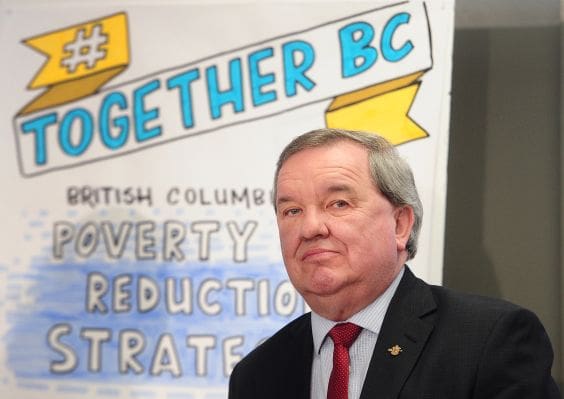B.C. explores universal basic income for post-pandemic world
Shane Simpson said it’s particularly opportune that a panel of three academics hired by the province in 2018 to study the issue is preparing to deliver its interim report this summer, while B.C. is slowly reopening its economy from the coronavirus. The pandemic experience will be included in the study on basic income and add a new context to the report, said Simpson.
The NDP agreed to study basic income as a condition of its power-sharing deal with the Greens after the 2017 election.
“We are in the first major crisis of the 21st century — not including climate change — and it has already opened conversations up in ways that weren’t possible before,” said Furstenau.
“I generally like the idea, but the devil is in the details with a lot of it,” he said. “There’s different flavours of basic income, and different philosophical approaches behind it.”
“You’d want to look at what costs are removed by approaching a basic income model but also what other costs are diminished,” she said.
“The costs of poverty are significant in society, everything from health care to criminal justice, MCFD (Ministry of Children and Family Development) and the cost of putting children into foster care largely as a result of poverty. The costs of poverty to government alone are estimated to be $2 billion-to-3 billion a year, but costs to society $8-billion-to-$9 billion.”




















